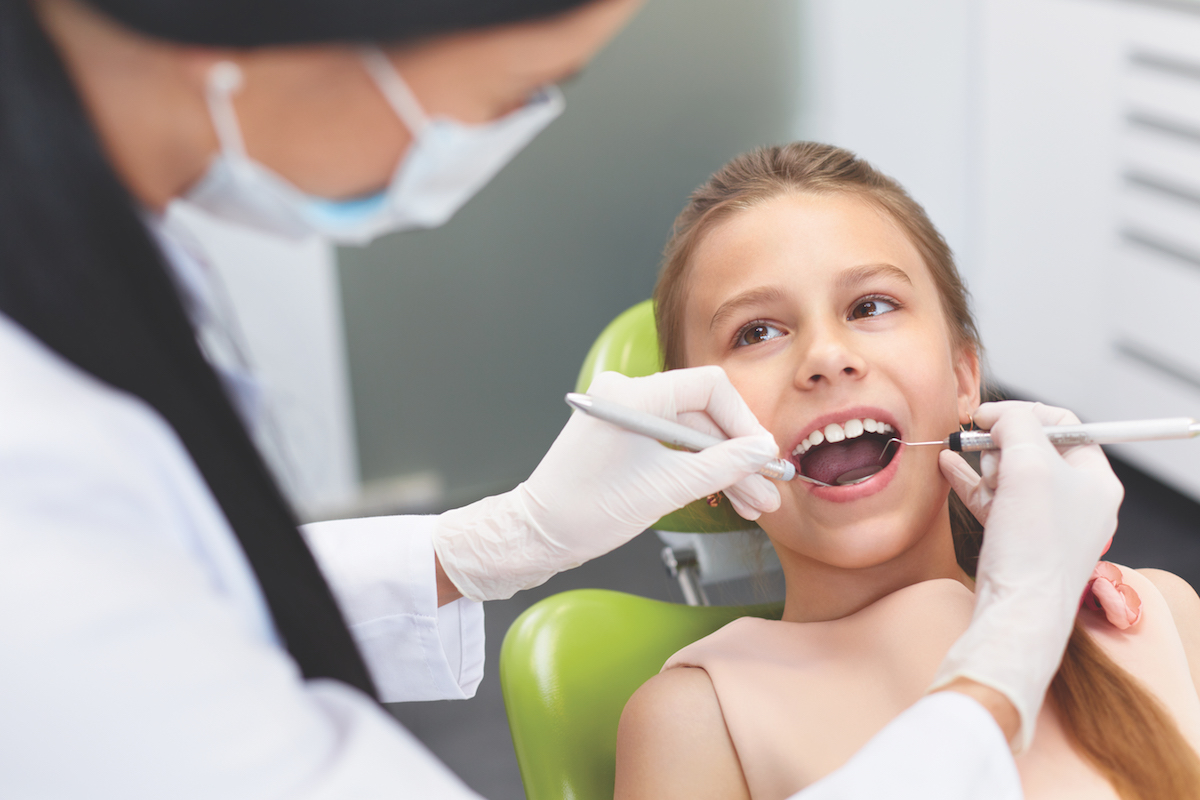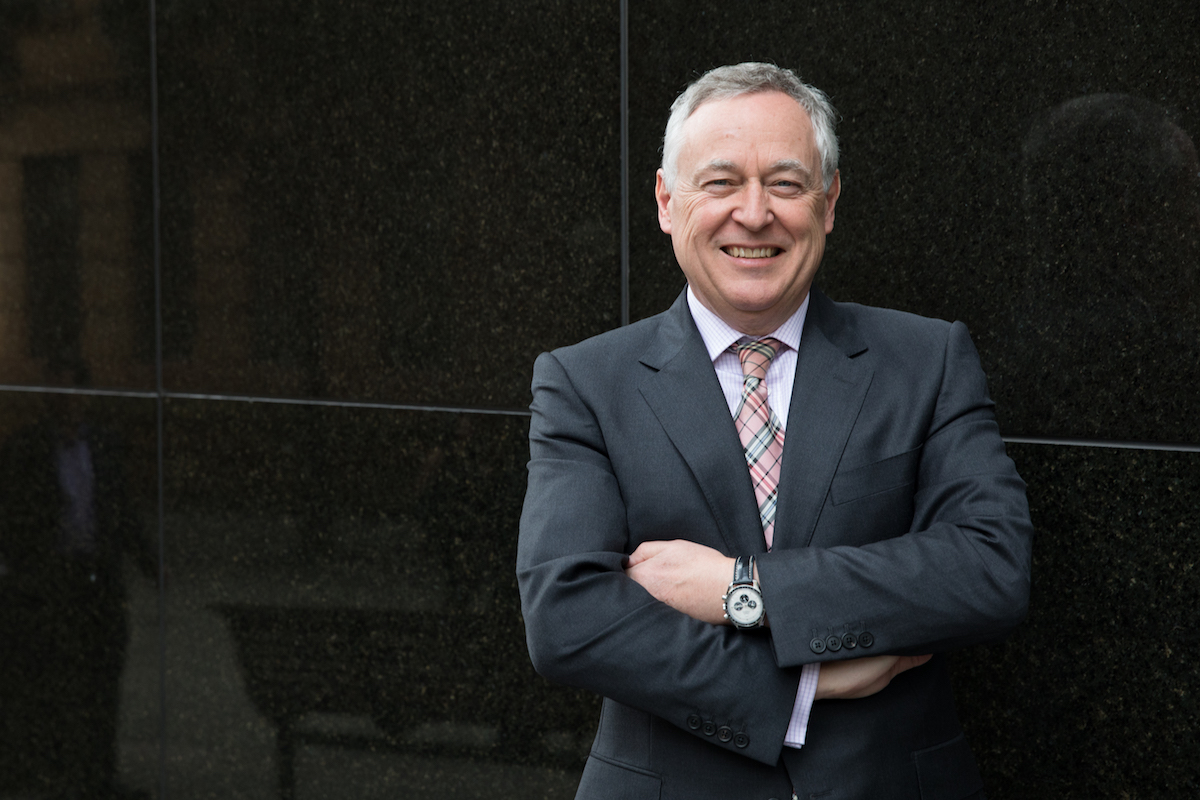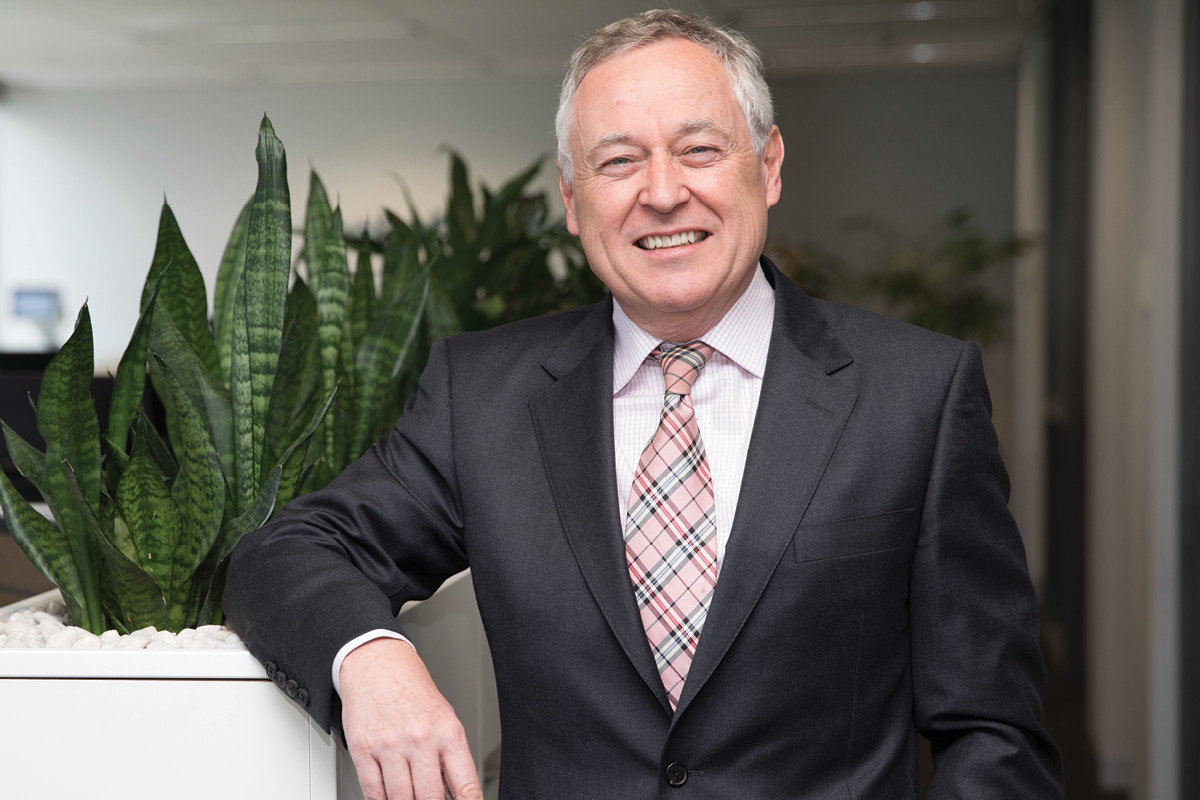Gordon Towell jokes that the relationship between patients and their dentists has long been compared to a hostage situation.
“Until recently, if people found a dentist they even half-liked, they’d stick to that person like glue. Whether it’s a good dentist or a bad dentist, a good practice or a bad practice, it’s almost like they suffer from Stockholm syndrome,” he laughs. “You become close to your captor and, rather than take the risk of trying somebody else, you’ll stay with the one you’ve been going to for years, or even decades.”
Considering the popularity of dentists, armed with their drills, scrapers and gases, it’s not the most absurd analogy. But the underlying issue, that people tend to pick and stick rather than consider alternatives, resonated with the CEO of National Dental Care (NDC), and its owner, Crescent Capital.
Gordon Towell puts the focus on the customer
So Gordon, who’s been building up NDC since 2014, made the decision to change the mindset. He realised that if people questioned the quality of their oral healthcare service, they’d see the value in switching to a customer-centric practice like NDC.
“People are no longer prepared to put up with poor service – consumers are pickier, and they’re starting to shop around,” Gordon points out. “Gen X and gen Y, in particular, are questioning more, and they are starting to understand that no two dental practices are the same. We’re trying very hard to be at the front end of this change and to build our dental practices in a different way.”
Gordon has been taking his cue from the patients themselves who, he says, haven’t traditionally had a voice. “There’s a lot of opportunity there, and we’re working with our patients to really understand what they want,” he says.
“We have iPads in more than 40 practices, so that patients can complete a quick survey after they’ve seen the dentist or hygienist. We’ve also carried out an exhaustive piece of consumer research, where we asked questions like, ‘What do you like about going to the dentist? What don’t you like? What services are you expecting in the future? What improvements do you think we could make?’ – a whole raft of things that will help us shape the future of the dental industry.”
National Dental Care is giving the consumer greater choice
NDC, which is headquartered in Sydney’s CBD, is already leading the way as a one-stop shop, Gordon says. “Our practices are much larger than a standard practice. We typically build a new practice with five or six surgeries in them,” he explains.

Our practices are much larger than a standard practice. We typically build a new practice with five or six surgeries in them.
“That gives the consumer greater choice. For example, if your 16-year-old daughter needs braces, then we’ll have somebody in the practice who can do that. If you need an implant, we’ll have someone in the practice who can do that. And if you just need a clean and scale, then we’ll have somebody who can do that. We’re trying to bring everything in-house so that our patients don’t have to keep being referred out to specialists.”
Cutting edge dental technology
It is even at the cutting edge globally when it comes to dental technology, being led by the company’s Clinical Oversight Committee. As an example, many practices utilise CADCAM equipment to allow for single-visit dentistry. Gordon uses the example of a fractured molar to reveal the efficiency of the operation.
“Typically, in an average dental practice, they grind down the tooth, then they take an impression of that tooth, send that off to a lab, and the lab builds the crown. Meanwhile, the dentist puts in a temporary crown to protect the stump until you go back to get the permanent replacement glued in after a couple of weeks.

“We’ve gone way beyond that,” he says proudly. “Your tooth will be ground down to give it a good base, they take an impression using a digital wand and, while you’re still in the chair, the dentist will design a crown using this unbelievably advanced software, before it’s manufactured in a little mill behind the surgery. This then gets colour matched and attached, all within the hour.”
A consumer business as much as a healthcare business
NDC has also responded to the rising cost of living, devising two payment options aimed at alleviating some of the financial pressure on its patients. Recently, the SmileFund initiative covers the fee in full, so that customers can pay it back incrementally. And SmileSave is a payment method to allow patients to pay a small amount each week towards the cost of their dental treatment over the year.
On top of these initiatives, it has weekend opening hours for customer convenience, and is bolstering its digital presence with an app that will allow customers to book and reschedule appointments, as well as request information on dental hygiene. Above all, Gordon emphasises the importance of the design of the practices.
“For decades, many dental practices have looked dreary and unpleasant, and have had that clinic smell,” he says. “If you go into one of our practices, they’re bright and airy, and have a children’s corner. We generate our own scents and there’s music playing, which calms people down. It’s a much nicer feel – warm colours, nice seating areas, and staff who understand that this is a consumer business as much as a healthcare business.”
‘If you’ve got happy customers, the profits will follow.’
Crescent Capital was familiar with Gordon’s shrewd leadership, as he had led the private equity firm’s IBS Automotive for six years. It was also aware that he had spent the previous five years acquiring and integrating practices for Dental Corporation. So he was the ideal candidate to lead its new venture, NDC. The partnership has since been nothing short of dynamic.
“One of the things I like about the Crescent Capital guys is that their focus is all about the patients. There’s a very simple expression they have, which is, ‘If you’ve got happy customers, the profits will follow.’ ” With 60 branches across Australia, and many more to come, Gordon is delivering both.



